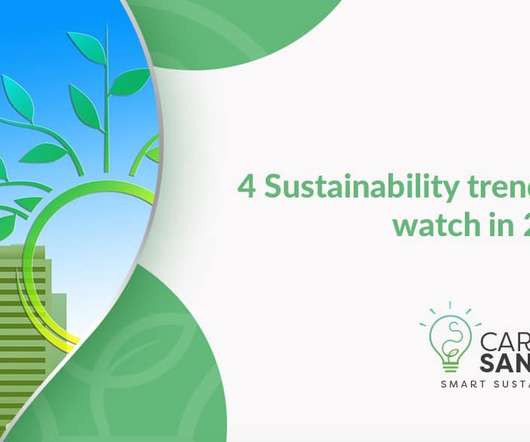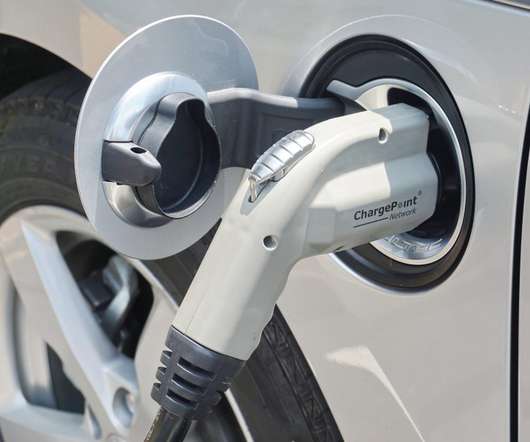Climate Finance: Moving Forward After COP26
3BL Media
APRIL 14, 2022
SUMMARY: The need for climate finance – the local, national, or transnational financing that enables climate change mitigation and adaptation – was much debated at COP26. However, the onus is now firmly on government, policy and corporate stakeholders to translate ambition into impact.












Let's personalize your content